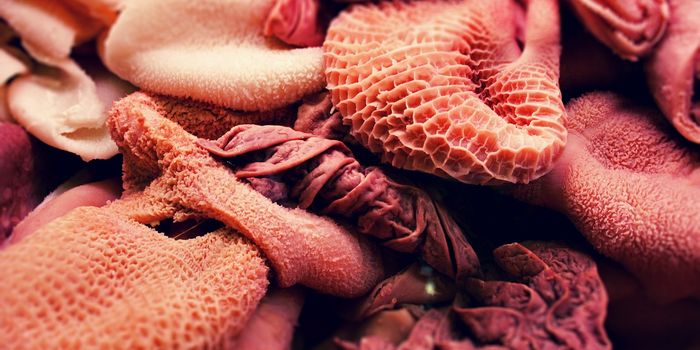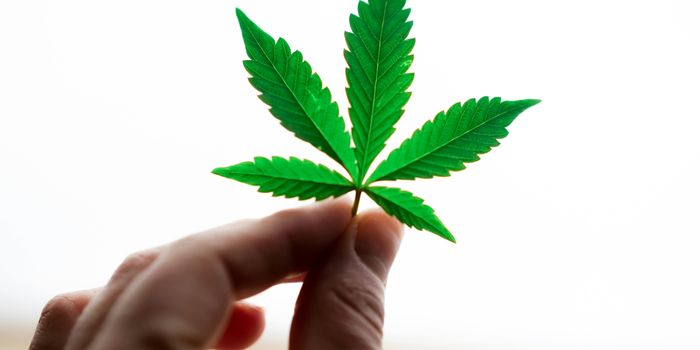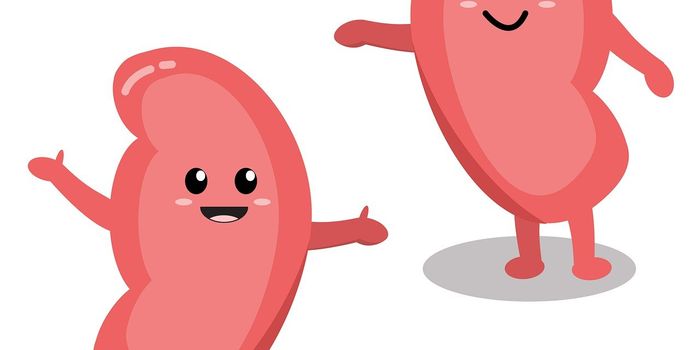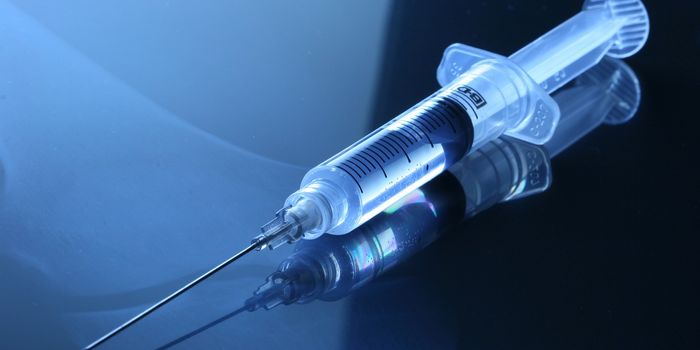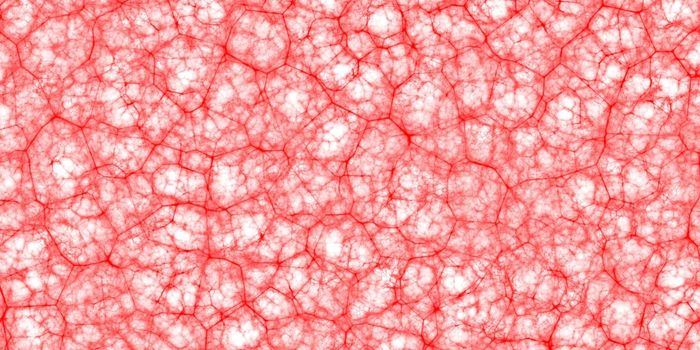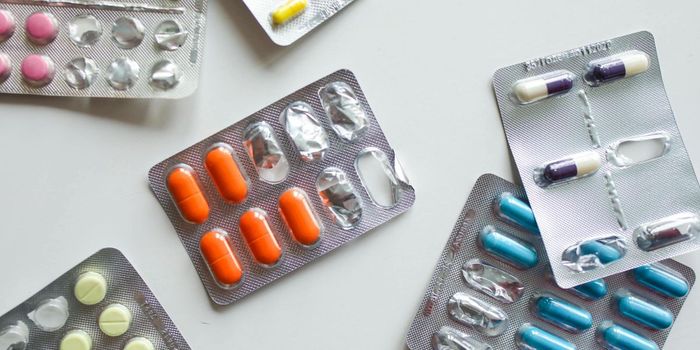Are Hallucinations Necessary for Psychedelics to Treat Depression?
Many who work with psychedelics say that hallucinations, or psychedelic experiences, are an integral part of psychedelics healing properties when it comes to mental health disorders like depression. Now, however, researchers have found that the psychedelic experience may not be needed to treat mice with depression.
While the general consensus is that psychedelic experiences can be incredibly powerful and life-changing for patients suffering from mental health illnesses, the researchers behind the present study say that these experiences may be too much for some to handle. As such, they decided to investigate whether other aspects of psychedelics can alleviate depressive symptoms.
For their study, the researchers used a mouse model of depression in which mice were put under stress for several hours a day over 2-3 weeks. Their mood was measured via their reward-seeking behavior. Generally, people suffering from depression lose feelings of pleasure for rewarding events and thus seek them out less. Likewise, when given the option to choose between sugar water and plain water, stressed mice tend to have no preference.
To test the impact of psychedelics on the stressed mice, the researchers first gave them psilocybin, and then checked their water preference 24 hours afterwards. In doing so, they found that the formally stressed mice regained their preference for sugar water, indicating an antidepressive response.
They then tested how stressed mice respond to psilocybin and ketanserin. As psychedelic experiences are promoted via the serotonin 2A receptor, ketanserin was used to bind to these receptors and thus block these experiences. Interestingly, the researchers found that mice treated with this drug combo also regained their preference for sugar water, despite a lack of psychedelic experience.
The researchers say that the findings show that activation of the serotonin 2A receptor (and thus psychedelic experiences) may not be absolutely necessary for psilocybin’s antidepressant effects. However, they caution that before these results can be confirmed, further research is needed, particularly on depressed human subjects.
In upcoming research, the researchers now plan on investigating which of the 13 other serotonin receptors are responsible for these antidepressant effects. Meanwhile, they have filed a patent for using psilocybin with drugs that block serotonin 2A receptors to treat depression.
Sources: Medical Xpress, PNAS


